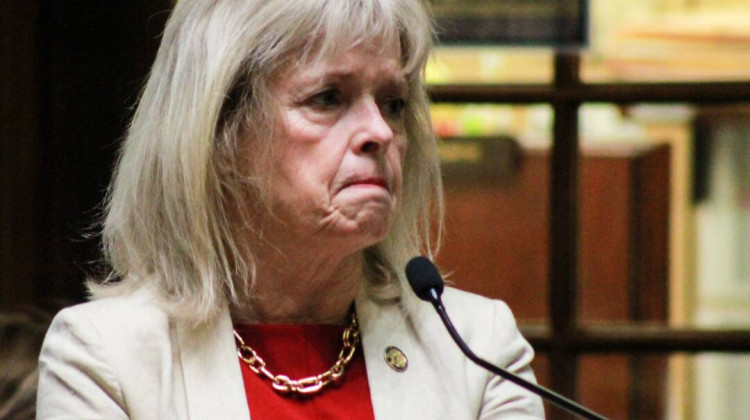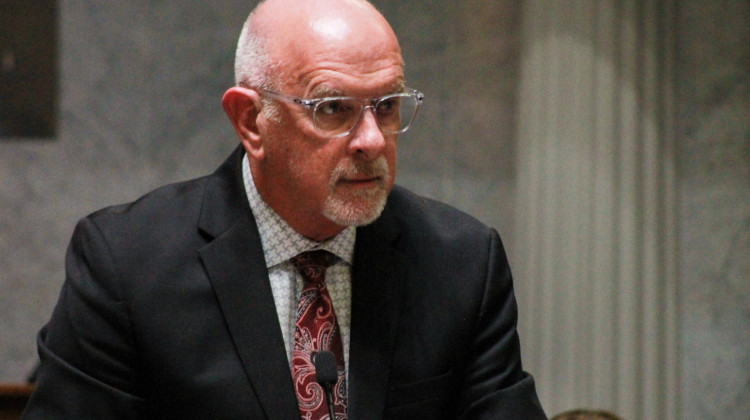
Beanblossom Bottoms is a wetland nature preserve near Bloomington. HB 1383 would lower the number of wetlands that could fall into Class 3 — the only class that didn’t lose significant protections when the state changed its wetlands law in 2021.
FILE PHOTO: WFIU/TIUAn outgoing state wetlands employee has joined a growing list of stakeholders that say they weren’t consulted on a bill that would reduce wetland protections. HB 1383 would lower the number of wetlands that could fall into Class 3 — the only class that didn’t lose significant protections when the state changed its wetlands law in 2021.
While leadership with the Indiana Department of Environmental Management met with the building industry to craft the bill — IDEM wetland experts who carry out the work told the Indianapolis Star they weren’t invited.
Neither were several members of a state wetlands task force created to find solutions to conflicts between developers and wetland regulators, some wetland consultants, and several environmental and conservation groups in the state.
Join the conversation and sign up for the Indiana Two-Way. Text "Indiana" to 765-275-1120. Your comments and questions in response to our weekly text help us find the answers you need on statewide issues, including our project Civically, Indiana and our 2024 legislative bill tracker.
Proponents of the bill say it gives developers more ways to help replace wetlands. But Jill Hoffmann said that process itself is flawed and a lot of those wetlands fail. Hoffmann was on the wetland's task force and is executive director of the White River Alliance.
“The wetland you’re removing has established function and large trees and deep root systems that take decades to form. That’s why they have to replace at a greater acreage to offset that loss. So we’re not gaining wetlands," she said.
About 75 percent of wetlands destroyed in Indiana don’t have to be replaced at all.
The bill passed committee and now moves to the full Senate for consideration. It already passed the state House. Environmental groups say the bill is being pushed through the Senate faster than most legislation.
Rebecca is our energy and environment reporter. Contact her at rthiele@iu.edu or follow her on Twitter at @beckythiele.
 DONATE
DONATE






 Support WFYI. We can't do it without you.
Support WFYI. We can't do it without you.